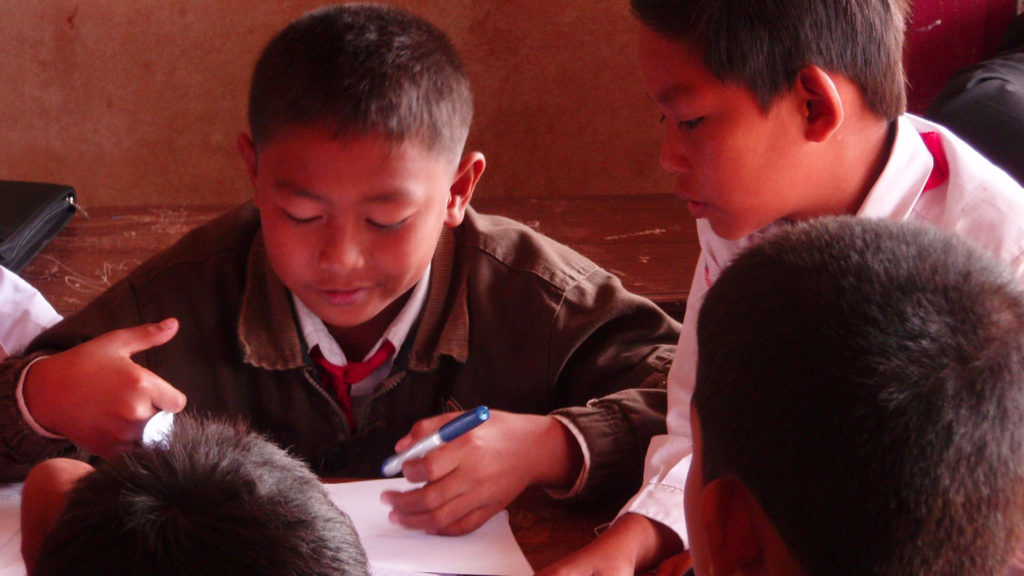
The Collins dictionary defines a widow as a woman whose spouse has died and who has not married again. On the other hand, widowhood according to the Merriam-Webster dictionary is the fact or state of being a widow. In general, the term widowhood relates only to married couples. However, with the growing incidence of cohabitation, civil unions and partnerships, some countries have broadened the concept of widowhood to include those who have survived the loss of a long-term partner (IPSNews, 2020). The estimated number of widowed persons according to an Inter-State press report for 2020 was approximately 350 million worldwide, with the large majority, approximately 80 per cent, being widowed women.#
In many developing countries, the exact numbers of widows, their ages and other social and economic aspects of their lives are unknown. Almost worldwide, widows comprise a significant proportion of all women, ranging from 7% to 16% of all adult women (UN Division for the Advancement of Women, 2000). However, in some countries and regions, their proportion is far higher. In developed countries, widowhood is experienced primarily by elderly women, while in developing countries it also affects younger women, many of them still catering for their children (Ibid). Irrespective of region, level of development, government, culture, etc., women are substantially more likely to experience widowhood than men. In countries such as China, Nigeria, Pakistan and the United States, where overall widowhood rates are lower, women’s widowhood rates according to an IPS 2020 study, are more than double those of men.
The loss of a spouse is one of the most negative life events, next only to the loss of a child (Bennett et al., 2005). Ironically, the disorganization and trauma that follow the death of a spouse seem to be greater in women than in men whenever either loses their spouse (Fasoranti et al., 2007). Many studies have concluded that a higher rate of mental illness exists among the widowed than their married counterparts. Even a study conducted by Chen et al., (1999) concluded that widows had higher mean levels of traumatic grief, depressive and anxiety symptoms (compared to widowers). Another problem associated with widowhood is loneliness. Many widows live by themselves. They suffer the fear of being alone and loss of self-esteem as women, in addition to the many practical problems related to living alone, they feel the loss of personal contact and human association; therefore, they tend to withdraw and become unresponsive (Fasoranti et al., 2007). The greatest problem in widowhood is still emotional. Even if it had been a bad marriage, the survivor still feels the loss- The role of spouse is lost, social life changes from couple-oriented to association with other single people; and the widowed no longer have the day-in, day-out companionship of the other spouse that had become an intrinsic part of their lives. Behavioural changes are often observed in women after divorce or bereavement. These changes are often overlooked and assumed to be a normal reaction to an adverse life event. It is now known that the changes may be due to an underlying psychiatric disorder.
In all, more attention or awareness needs to be given to women facing psychological issues so that the suffering women may receive appropriate care and treatment.

